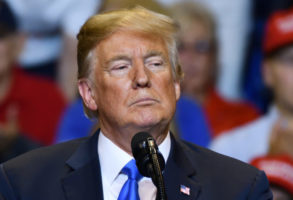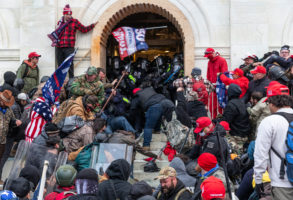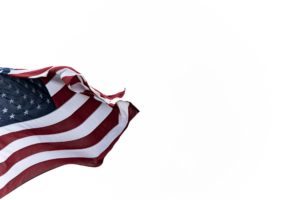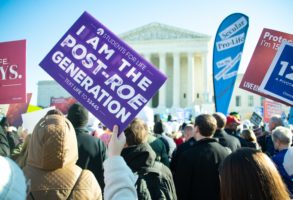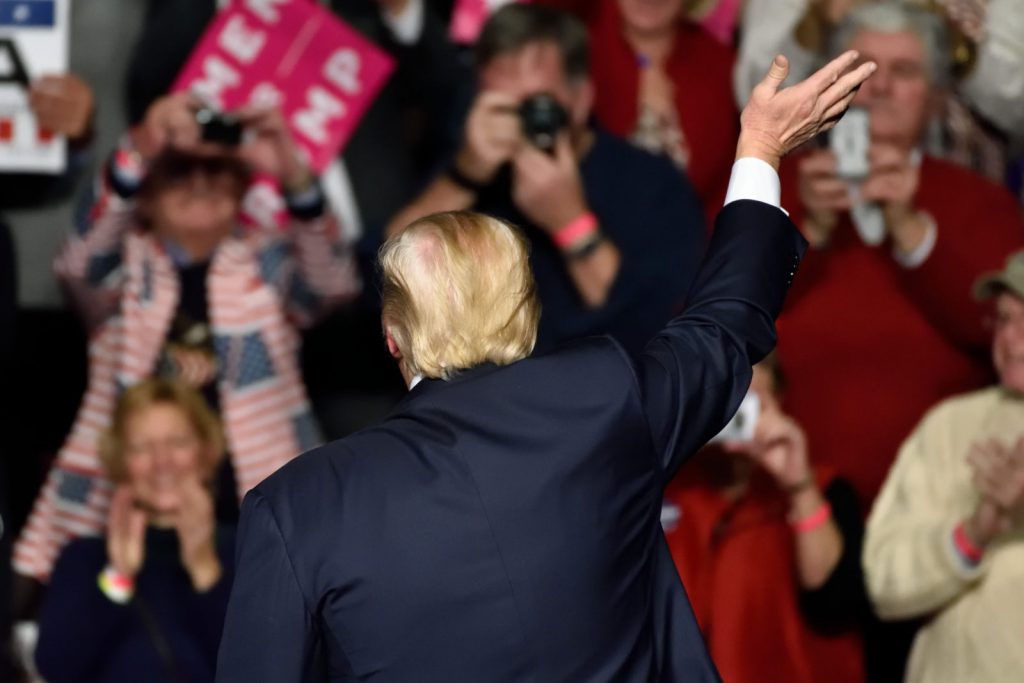
Published January 5, 2018
President Trump’s official statement about Steve Bannon — the lack of exclamation points makes it seem as if it may not be 100 percent his own words – is welcome. The president distanced himself from his former aide and included this dig:
We have many great Republican members of Congress and candidates who are very supportive of the Make America Great Again agenda. Like me, they love the United States of America and are helping to finally take our country back and build it up, rather than simply seeking to burn it all down.
The “burn it down” temper was Bannon’s calling card. He described himself to Ron Radosh as a “Leninist.” Once upon a time, that was the sort of thing Republicans despised, but never mind. He famously boasted of making Breibartthe platform for the alt-right and seemed to relish chaos and disruption for its own sake.
Roy Moore’s appeal was purely as an arsonist. If you can believe the new Michael Wolff book (and there are reasons to take it with a few grains of salt), it was Bannon’s idea to issue the original travel ban on a Friday evening – to cause maximum confusion and, in Bannon’s words, “So the snowflakes would show up at the airports and riot.” As for the other pond scum Bannon has promoted – Paul Nehlen and Milo Yiannopoulos, among others — they have a funny habit of sounding like fascists.
Bannon imagined himself as the grand strategist of populism and scourge of the “deep state.” His run as Trotsky lasted for 18 months – from August 2016, when Trump named him as campaign chairman, until Wednesday, when he was declared a non-entity. He’s fortunate that the real Lenin doesn’t call the shots here, or his fall would have been a bit more unpleasant.
Bannon’s exile from Trump’s trusted circle is encouraging, but there are many reasons to keep the champagne corked.
First, as Erick Erickson points out, Trump has a long history of anathematizing people only to welcome them back when they flatter him.
Second, to imagine that Bannon’s estrangement means the nationalist, protectionist strain of Trumpism is vanquished is dubious. Trump has few consistent beliefs, but he has been banging the protectionist drum for decades. Even in the 1980s, Trump was convinced that Japan was eating our lunch. Perhaps that won’t result in tearing up any actual trade agreements (other than TPP), but Bannon was hardly the only protectionist voice in the administration. Nor should we imagine that without Bannon’s advice, episodes like Charlottesville are less likely. Trump has an itchy Twitter finger for ethnic/racial/sexual controversy, and as long as it jazzes his base, he’ll keep it up.
Third, Trump’s reasons for dumping Bannon have nothing to do with Bannon’s rottenness. It isn’t as if Trump woke up yesterday and realized that Bannon’s efforts to primary every sitting Republican senator (save Ted Cruz) would be harmful to the party and the country. Nor did he watch Bannon defend a child molester and conclude, “Ok, now he’s really gone off the deep end.” That would have been the moment to say, as he said only yesterday, that when Bannon was fired, “he not only lost his job, he lost his mind.” No, even after the abuse accusations against Moore (which Breitbart’s editor admitted post hoc were “credible”), Trump took Bannon’s advice and endorsed Moore, dragging the RNC after him.
Trump’s anger at Bannon is – surprise! — purely personal. He dissed the princess (“dumb as a brick”) and the prince (“treasonous”).
Even in his fury, President Trump did not rebut the accusations (and this is not meant as an endorsement of anything in Wolff’s book) so much as shoot the messenger. Again, the president didn’t say, “What an outrageous and false thing to say!” Instead, he took aim at Bannon for not being a winner. “Steve was a staffer who worked for me after I had already won the nomination by defeating seventeen candidates. . . . Now that he is on his own, Steve is learning that winning isn’t as easy as I make it look.” Perhaps not, but Trump fails to grapple with the fact that winning isn’t a moral measure. Steve Bannon would not have been less objectionable if Moore had won.
Bannon did claim to be the Svengali responsible for Trump’s victory, and that clearly irritated the president, but Bannon’s unseemly self-promotion is the very least of his sins. His influence on the conservative movement has been morally putrid. And that was true long before he unburdened himself to Michael Wolff.
– Mona Charen is a senior fellow at the Ethics and Public Policy Center. Copyright 2018 Creators.com





